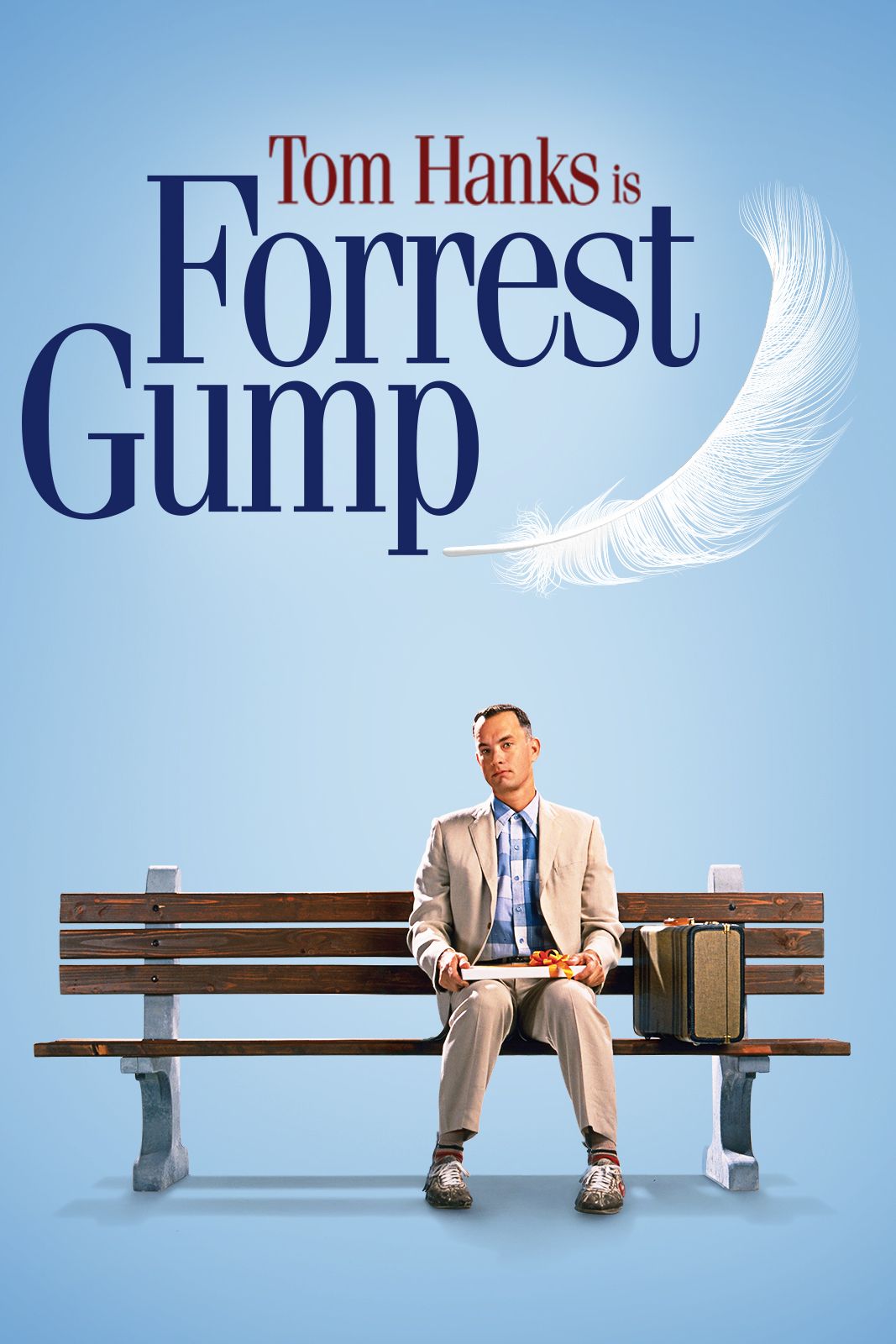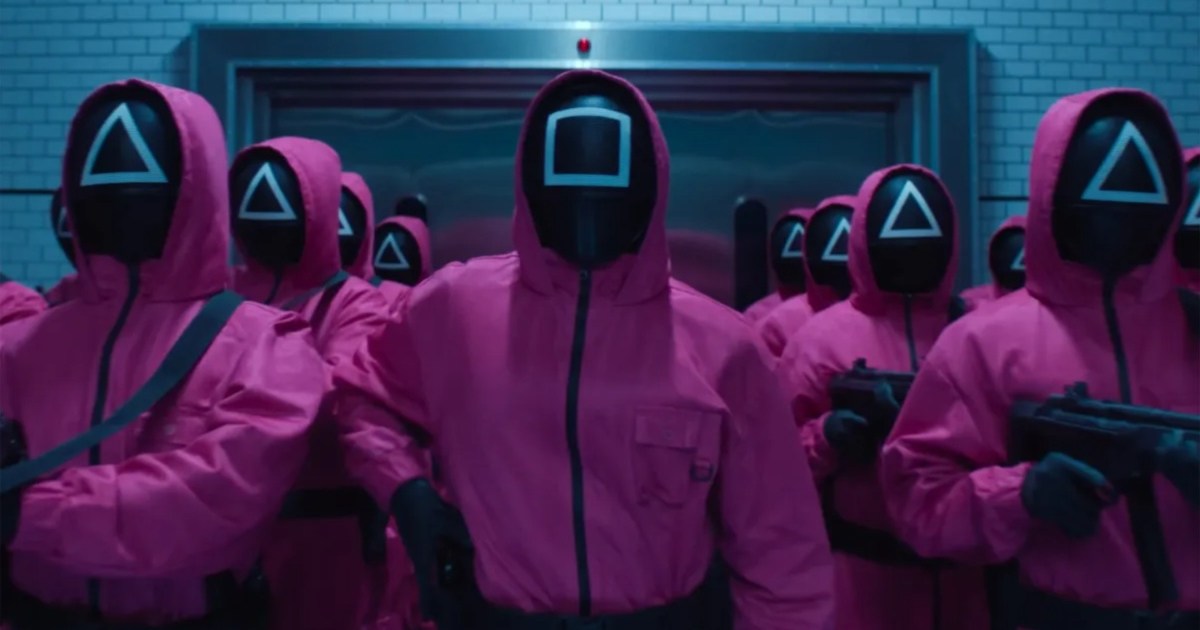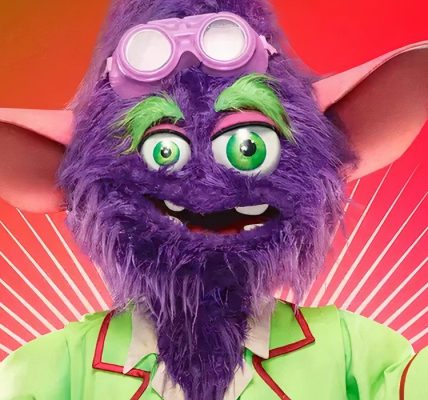Director Robert Zemeckis is widely recognized for his groundbreaking innovations in filmmaking technology. However, with Forrest Gump, he took a bold step by merging that innovation with a quintessentially American narrative. Featuring Tom Hanks at the pinnacle of his career alongside Robin Wright, who had successfully transitioned from an eighties princess to a dramatic actress, this trio was perfectly positioned to create a uniquely unconventional film. The result was a cinematic masterpiece that not only grossed over $600 million globally but also swept multiple Academy Awards, solidifying its status as a cultural phenomenon.
Perhaps one of the most astonishing box office successes in recent cinematic history, Forrest Gump can be viewed as a lengthy montage. Critics who label the film as boring often misinterpret its pacing and narrative style; in reality, the film moves at an unrelenting speed, with most scenes clocking in at under three minutes. This rapid pacing is a deliberate choice, designed to encapsulate decades of American history through the eyes of its protagonist. The film’s unique format invites viewers to reflect on the moments that shaped not only Forrest?s life but also the broader cultural landscape of America.
The intense Vietnam sequence stands out as one of the film’s few extended moments, delivering a thrilling adrenaline rush. Conversely, Zemeckis’s portrayal of Forrest’s three-year run significantly slows the film’s tempo, contrasting sharply with the excitement of the earlier scenes. This dichotomy serves as a testament to Hanks’ remarkable ability to engage audiences; his inherent charm makes it possible for him to dominate nearly every scene without losing viewers’ interest.
Why Forrest Gump Would Have Failed in the Hands of Another Director
Tom Hanks Redefines the Protagonist in Forrest Gump
If Forrest Gump fell into the hands of a different filmmaker, it would likely never have achieved its status as an Oscar-winning film. Analyzing its components reveals the surprising nature of its cultural impact; phrases like ?Life is like a box of chocolates? have become entrenched in the American psyche. The film is a period piece featuring only one action scene and revolves around perhaps the most sincere, albeit unreliable, narrator imaginable. Hanks breaks the mold of the conventional protagonist, and the film?s tone is refreshingly unique. Its universal appeal has made it a beloved classic, resonating with audiences across generations, which speaks to its lasting significance.
What?s particularly wild about the narrative is how many extraordinary events occur around Forrest, and audiences are effortlessly swept along for the ride. The notion that iconic figures like Elvis Presley and John Lennon, along with various presidents, were significantly impacted by their encounters with Forrest is both humorously intriguing and fantastically absurd. In any other film, such a premise might seem farcical or purely fictional; however, in Forrest Gump, these elements are seamlessly woven into the story while also functioning as subtle comedic undertones. This straightforward comedic style feels quite nostalgic, reminding audiences of a time when humor didn’t rely on self-referential jokes.
This straightforward comedy feels pedestrian now, but there is an undeniable nostalgia that brings us back to a time when humor didn?t have to be so self-referential.
Whenever I sense the film becoming overly serious, Zemeckis deftly incorporates a voice-over that leads into a cleverly placed punchline. Forrest Gump has the remarkable ability to evoke tears while simultaneously delivering laughter, a duality that has enabled it to endure through the years. A notable aspect that stands out even after many years is the emotional distance between Robin Wright‘s character, Jenny, and Forrest. Although they begin and end the film together, Jenny spends a considerable amount of time in tragic circumstances, creating an emotional disconnect. While her performance is undeniably powerful, it challenges viewers’ suspension of disbelief, especially when she finally shows any signs of affection towards Forrest.
The Dangers of Excess: How Too Much Can Diminish Impact
When Nostalgia Becomes Overkill: Zemeckis’s Use of Music
The musical elements of Forrest Gump are undeniably corny and over-the-top. In terms of excessive use of period-specific songs, Zemeckis’s approach ranks just below Martin Scorsese?s infamous reliance on The Rolling Stones. While one could argue that these songs authentically reflect the era, moments like when ?Running On Empty? plays during Forrest’s three-year running journey can feel excessive. Even as a fan of The Doors, hearing their music played consecutively can quickly lead to auditory fatigue.
Nonetheless, the film has captivated generations of viewers, and this enduring appeal is nothing short of remarkable. Despite its flaws, the narrative unfolds like a collection of intriguing short stories, demonstrating a confidence in its storytelling approach. Zemeckis honed his craft in blending real-life events with CGI technology in later works like Flight, but the foundational elements were clearly established in Forrest Gump. While opinions may vary on whether Forrest Gump surpasses Back to the Future, it?s undeniable that Zemeckis has left an indelible mark on the Hollywood film industry.
In this iconic piece of American film history, the presidencies of Kennedy and Johnson, the events of the Vietnam war, Watergate, and other history unfold through the perspective of an Alabama man with an IQ of 75.
- Hanks is undeniable in his best performance to date
- The pace keeps what could be a boring movie engaging
- Solid CGI but ultimately inconsistent
- The music lacks restraint







